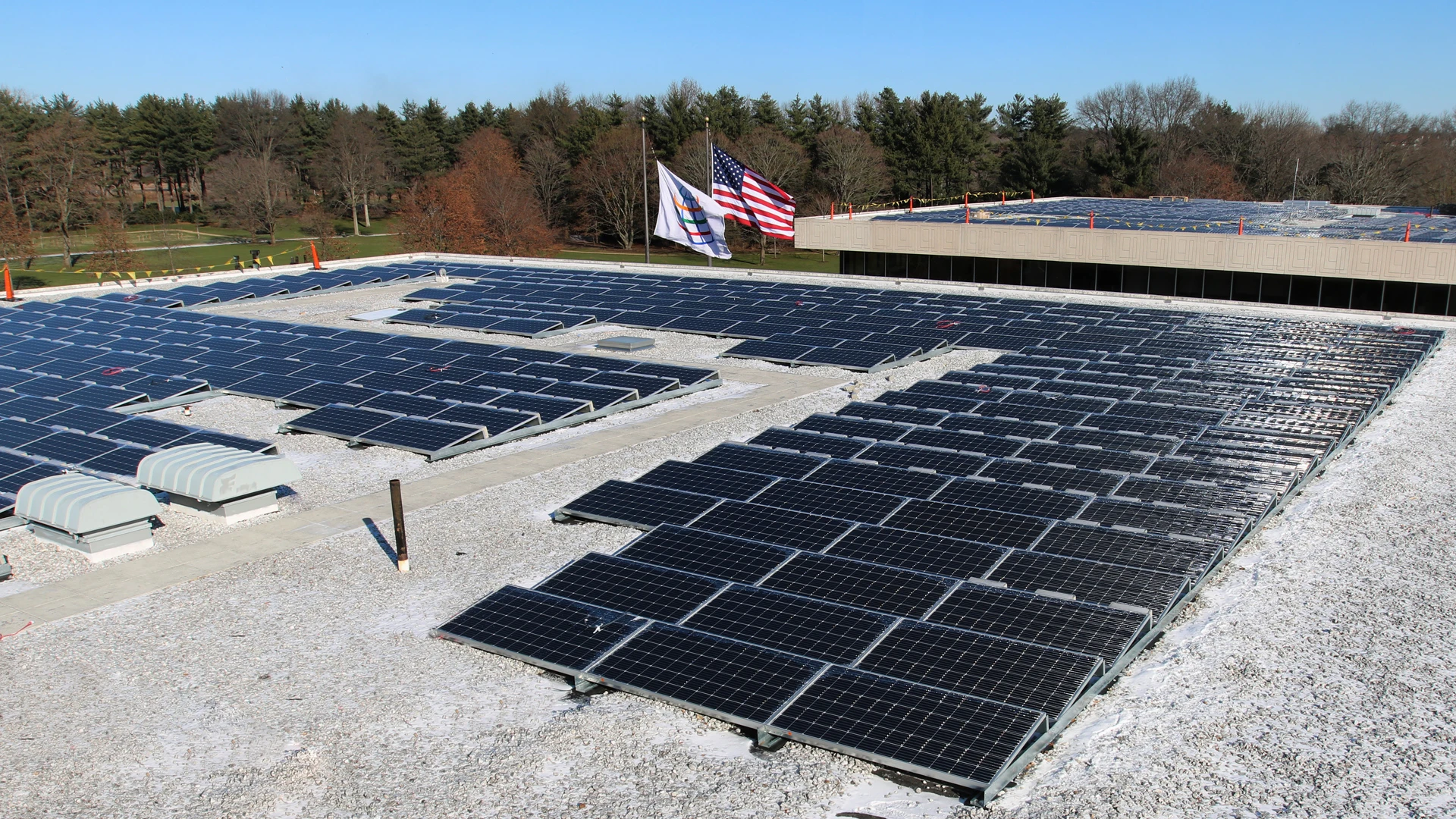At a Frito-Lay plant in Arizona, thousands of solar panels sit on land next to the factory providing electricity. At a Gatorade plant an hour away, the roof is lined with solar panels; the same is true for Tropicana and Pepsi plants in California. The plants, all owned by PepsiCo, are part of a move to renewable energy that the company has been working on for some time. Now the company says that it will reach 100% renewable electricity in all of its U.S. direct operations, part of a global goal to cut emissions 20% by 2030.
Climate change “is probably the biggest challenge facing our food system,” says Simon Lowden, chief sustainability officer at PepsiCo. “Think about the effect that drought or sea level water tables are going to have on the crops and the farmers that we employ and produce crops for us. So we see ourselves very much having a big responsibility to play in mitigating the impacts of climate change. That means everything throughout the value chain, from how we source and grow crops to how we distribute, what our go-to-market system looks like, and our operations and how we manufacture in the context of energy.”
The company has on-site renewable electricity at seven sites in the U.S. now, and will buy renewable energy credits, certificates of solar or wind generation at other sites, to help cover the rest of its electricity use. It will also begin creating new power purchase agreements, contracts that help finance new wind or solar farms.

At another Frito-Lay plant in Modesto, where the company is moving to new zero-emissions equipment—like forklifts that run on electricity instead of diesel—the move to renewable electricity will cut emissions beyond the plant’s traditional uses of electricity like lighting. That plant will run on on-site solar power and battery storage. As the company moves to more electric vehicles, including delivery trucks, those vehicles will also be charged with renewable electricity.
Pepsi’s 20% emissions reduction is a science-based target, designed to adhere to what climate scientists says is necessary to keep global warming below two degrees Celsius. The process of going fully renewable has been slow, however: the company first bought bought renewable energy credits and started installing solar more than a decade ago.
And the company’s direct operations make up a relatively small part of its total carbon footprint, at 8%. Agriculture is responsible for more than a quarter of its footprint, and packaging for another 26%. To help reduce its enormous packaging footprint, for example, it’s moving to recycled, compostable, and biodegradable packaging, along with many other companies. (It’s also dipping a toe in reusable packaging, and estimates that as its SodaStream business expands, it can avoid the use of 67 billion plastic bottles by 2025). But moving to renewable electricity is one large piece of the solution.
PepsiCo’s operations in the U.S. account for half of its global electricity consumption; in nine European countries, the company has already moved to renewable electricity. The next step will involve convincing its suppliers to do the same thing. “The full value chain needs to be impacted,” says Lowden. “I think it’s a responsibility of manufacturers like ourselves to walk the talk and make sure we’re demonstrating the right thing, be proficient in that, and then start putting pressure down the line that we expect suppliers and industry at large to change in a similar fashion.”
To a large extent, the food industry is already changing. Eight of the 10 largest food and beverage companies in the world have set science-based targets to cut emissions in line with the goals of the Paris climate agreement. More than 200 companies, including large food companies, have goals to reach 100% renewable electricity.
Recognize your brand’s excellence by applying to this year’s Brands That Matter Awards before the final deadline, June 7.
Sign up for Brands That Matter notifications here.
